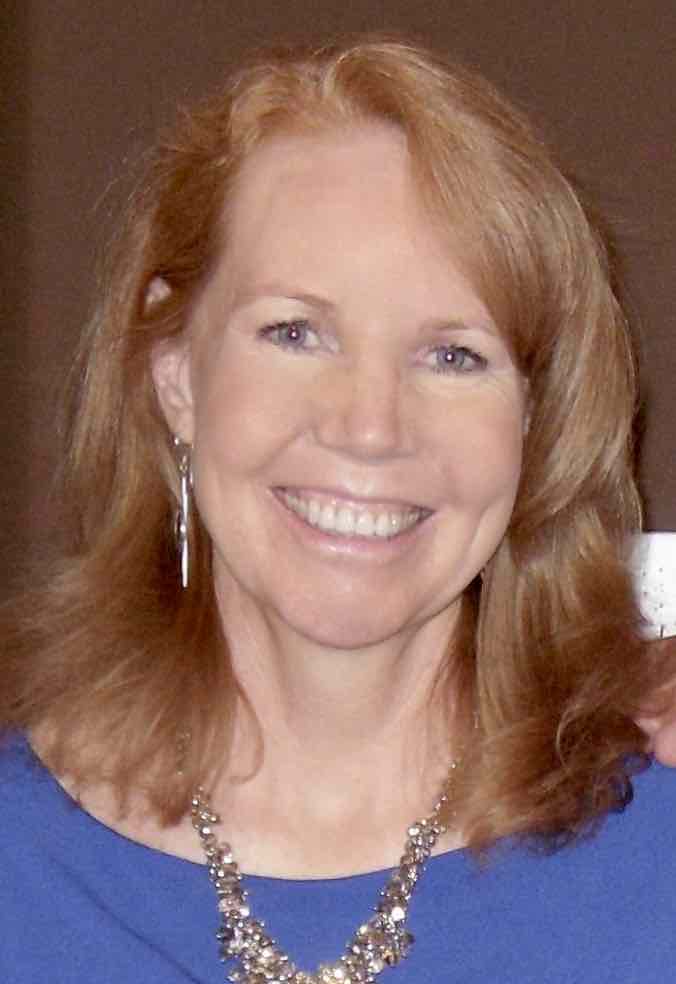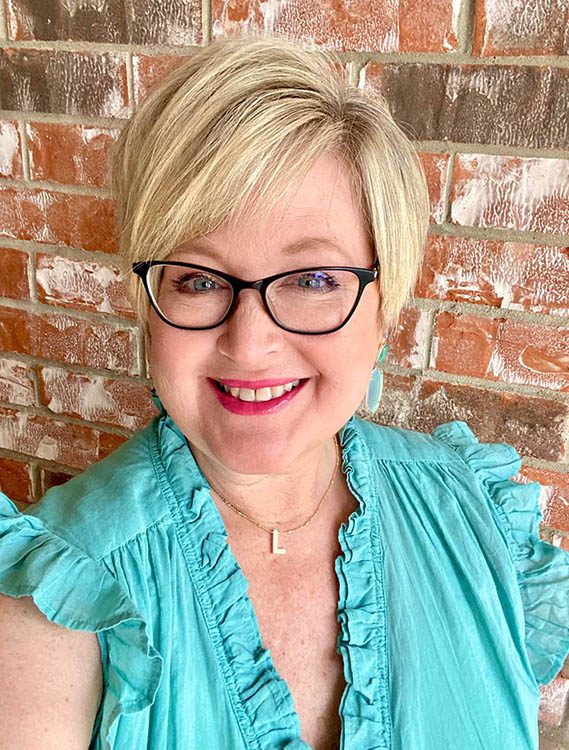Consulting Career Choices
Two roads diverged . . .
Perhaps you read “The Road Not Taken” in school. “Two roads diverged in a yellow wood and I — I took the one less travelled by and that has made all the difference.” My English teacher told me this was about Robert Frost’s choice to become a poet, which he felt, in retrospect, was a good choice for him.
I don ‘t remember a “two roads diverged” moment, but I chose the consulting road. I think it was a good choice for me. After all, I travelled the consulting road for thirty-seven years.
I just wish I’d had a map.
So this is a map of sorts, an outline of career choices in consulting. Most of us make career choices serendipitously. Someone gives us advice; someone offers an opportunity at the right time – happy accidents. Consulting careers happen that way too. Mine did. Maybe yours will too, but if you were the kind of kid who learned Excel pivot tables at ten or collected baseball or Pokémon cards and kept them in pristine condition in little wax paper envelops rather than tossing them ten feet into a bucket or clipping them to your bicycle to make motorcycle sounds, then maybe you could plan out an entire consulting career before you graduate middle school.
For the rest of us, wherever we are in our career, here are some of the career choices points involved in consulting:
- To be or not to be. Choosing to be a consultant will always involve the questions of why, when, what and how.
- Up or out or Grow or Go. Most large firms evaluate consultants at promotion points analyst to associate, associate to manager, manager to partner. The job changes from doing the work to doing and managing to doing, managing and selling. If firm managers can see you in the next level you are promoted, if not you are invited to leave. The more levels there are the more opportunities to “get on with the value-added part of your career ̶ somewhere else.” Smaller firms may be less rigid, but still manage staff this way.
- Rainmaker or Thought Leader – the choice between whether a partner brings in clients through direct selling or research and service offering development may start earlier than the partner transition point. A few rare partners do both paths.
Why?
You’ll probably be asked this in your first interview and you’ll say that you “like to solve problems in a fast-paced team environment,” or words to that effect. This article isn’t intended as interview training. It is intended for you to ask yourself why do you want to be a consultant.
Some good reasons to become a consultant:
- You like business and you like immersion in different types of businesses.
- Learning: You are good at absorbing a lot of data and quickly seeing patterns.
- Solving complex problems.
- You like to be helpful and don’t crave credit (It’s the client’s business.)
- Work with teams of smart people.
- The Money ̶ you need to pay off student loans. (Obviously you don’t say this in an interview, but it is a reason many people enter a field where starting salaries are relatively high.)
Some bad reasons to become a consultant:
- The money. Yeah, starting salaries are high, but they level out and you will work very hard for what you earn.. If you want to be rich become a tech entrepreneur, or an investment banker.
- The prestige. OK, the Tumi rolling suitcase and computer bag are cool and telling “client disguised” war stories at parties is fun, but it wears thin quickly, for you and your friends.
- The Travel. When you realize that you are working in Paris or Bangkok, but only see the inside of office buildings, hotels, rental cars and airports, the magic of travel wears off. Sure you can stay over for personal travel, but most weeks you just want to go home.
- Easy respect from senior managers. Consultants get opportunity to talk with executives, but respect comes from the analysis they do, and the knowledge and skill they acquire over time.
- Be a star. Consultants don’t get credit for results; clients do.. Standing ovations are so rare as to be non-existent.
- Learn people management skills. I saw some great people managers in consulting, but I can count them on my fingers. Constantly changing project teams, speed of delivery, and consultant egos don’t create fertile ground to grow people managers.
When?
Consultants typically enter the field at four times:
- From undergraduate school. Undergrad hires are often analysts. In some firms they stay in the office and analyze data; in other firms they go to the client site. Most leave to go to graduate school or other jobs in two to three years. A very few stay with the firm or are sponsored to graduate school.
- From graduate school. This used to be mostly MBAs and lawyers, but has expanded to other graduate degrees. These newbies enter as analysts, but are usually staffed on client project teams. They will usually face a promotion or depart choice in two to three years.
- After 5-10 years in industry or academia. This group is usually hired for industry or discipline expertise (marketing, operations, etc.). They may face a grow or go choice in three to five years.
- After 10-15 years in industry or academia. This group may be hired for industry or discipline experience, but is usually hired for their contacts and is used in client acquisition (selling) or advanced service offering development.
What kind of firm?
One could write a book on this choice. There are firms that specialize in all disciples (strategy, marketing, operations, human resources, Technology, etc.) and industries. Of course, candidates should consider the specialties that interest them. I also encourage you to consider firm size and whether the firm has a content or process focus.
Large firms offer more training, broader project variety, a more generalist orientation, but they are often more rigid in promotion criteria for up or out or grow or go choice points. Large firms have more prestige and are good places to be from as you move into industry.
Smaller firms often offer more opportunity quicker. They may be less rigid in up or out, but they are also more susceptible to changes in the business cycle.
Firms with a content orientation, expert firms tend write reports and make recommendations as an end product. Project length is often three to six months. Process oriented firms tend to stay longer with the client during orientation. Content consultants sell answers; process firms sell the process.
Some disciplines (strategy, marketing, certain types of financial analysis) lend themselves to content orientation. Process improvement, organization development, and management accounting lend themselves to a process orientation.
How?
How the firm works is sometimes explained on websites and recruiting materials. Sometimes you’ll have to read evaluations on sites like Glass Door or Indeed.
Elements to consider:
- Staffing. Is staffing done by partners as a group or are you assigned to one partner? Is there a central staffing group? What is the expectation of application rate? (the percentage of time you must be applied to client billed work.) Is staffing local, global or in-between?
- Training. There is likely to be induction training, methodology training that will happen on a project and there may be training when the job changes, e.g. management training as analysts move to managers, or sales training as managers move to partner.
- Outplacement process. Some firms have a very active alumni network and use it to place those who leave the firm. Some firms offer outside outplacement services at transition points.
Unanticipated consequences of a consulting career.
Like lawyers, consultants must put up with the jokes about their profession. One joke says a lot about the career.
“If you introduce yourself to your neighbor three times, you might be a consultant.”
Constant travel, meeting new people all the time, can be quite disorienting. The Lifestyle is a challenge. There are no mid-week book clubs, Yoga classes, or PTA meetings. Finding a spouse, if you’re interested, is hard and maintaining Relationships is harder. Some firms have programs to reduce this strain now, reduced travel, family leave, etc. It is worth planning how you’ll manage these issues.
I had to pay attention to staying in shape. For me that meant early morning workouts in the hotel fitness room. It wasn’t my ideal workout time, but the end of the day was too unpredictable and the inevitable Thursday night team event –“Big Food” – made it absolutely necessary.
If I’d had this map, would I have still chosen a consulting career? I think so. I loved the variety of work, the people (clients and colleagues), and the learning. I adapted. Maybe this map will be helpful to others to minimize some of the challenges I didn’t anticipate when I began my career.
The post Consulting Career Choices appeared first on Wisdom from Unusual Places.
Originally Published on https://wisdomfromunusualplaces.com/blog/


























